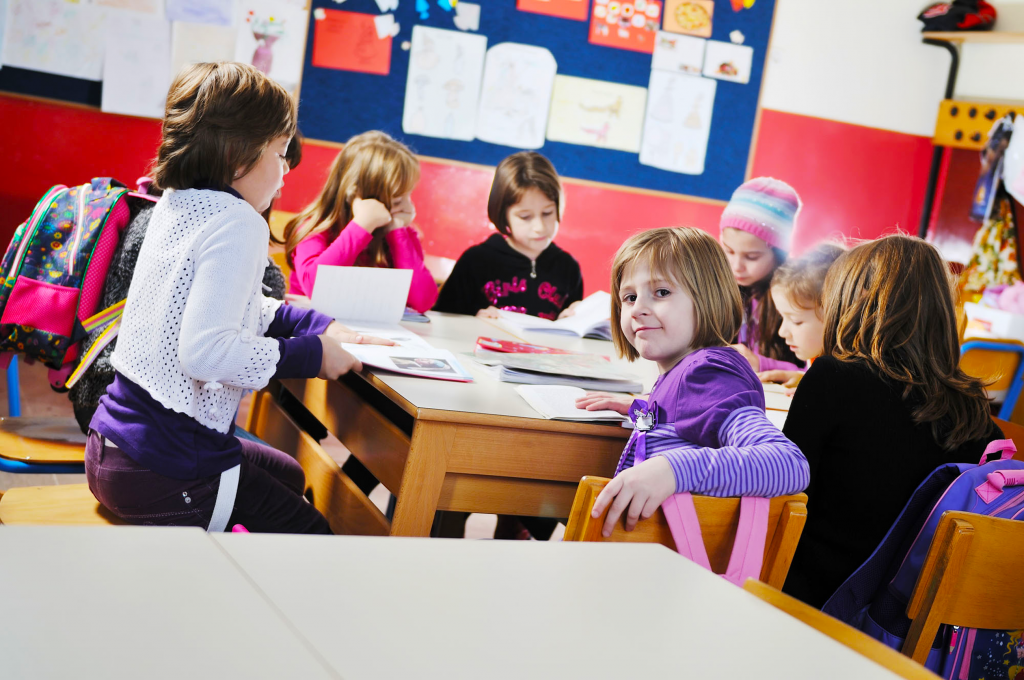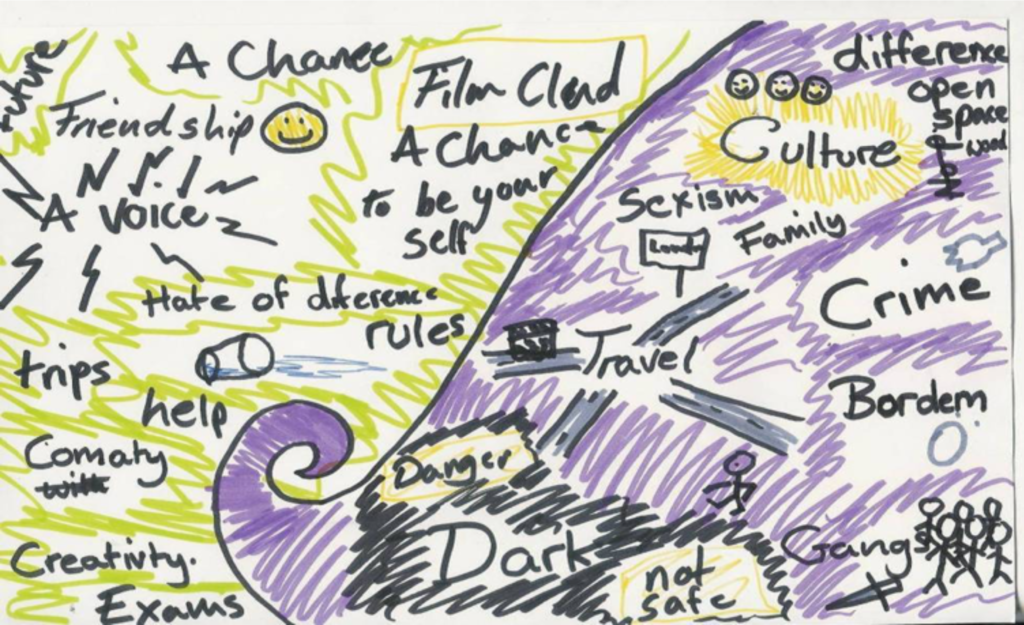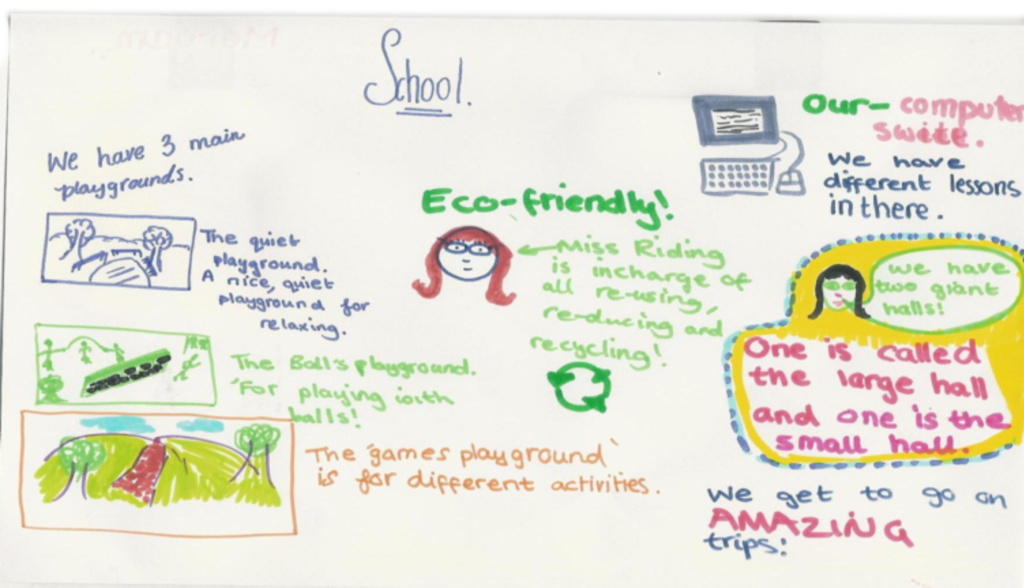
Global Realities
Taking stock
We live in a world of rage and ‘untruth’ - a world on the move. Half the world’s refugees are children (UNHCR, 2015). Social divisions are widening (Putnam, 2015). Yet it’s an exciting world - of boundless opportunities and possibilities. And it’s also a world in which we all want to feel that we belong. ‘Belonging’ is that sense of being somewhere where you can be confident that you will fit in and safe in your identity. Schools are one of the few shared social institutions which can create that sense of belonging or exclusion.
Over recent years, I have explored the importance of place and belonging: what this means to each of us personally and to schools, particularly those serving diverse communities facing major socio-economic challenges, or high levels of need. In the book Leadership of Place, I explored the lives and experiences of young people growing up in disadvantaged communities in the US, UK and South Africa (Riley, 2013). I asked the hundred or so young people who contributed to that research inquiry to respond through their drawings to two key questions: ‘What’s it like living round here?’ and ‘What’s it like being in this school?’ Those illustrations showed many stark and competing realities: areas which were safe and welcoming and others which were ‘no go’ areas, as illustration 1 demonstrates.

This pattern was replicated in later research in Jamaica and also in Chile (Riley, Montecinos and Ahumada (2016). Across all the countries I have worked in, the responses of the young people reveal the challenges and realities of everyday life - as well as their hopes and dreams – and the importance of school to them, as is shown in illustration 2.

Leadership of Place also identified a cohort of ‘place leaders’ who sought to understand young peoples’ lives and experiences and connect to the wider archipelago of surrounding communities. The potential of school leaders to make a difference was inspiring. It sprang from a sense of hope, a sense of possibilities - a belief on their part that things could and should be different – and a recognition of the importance of place and belonging.